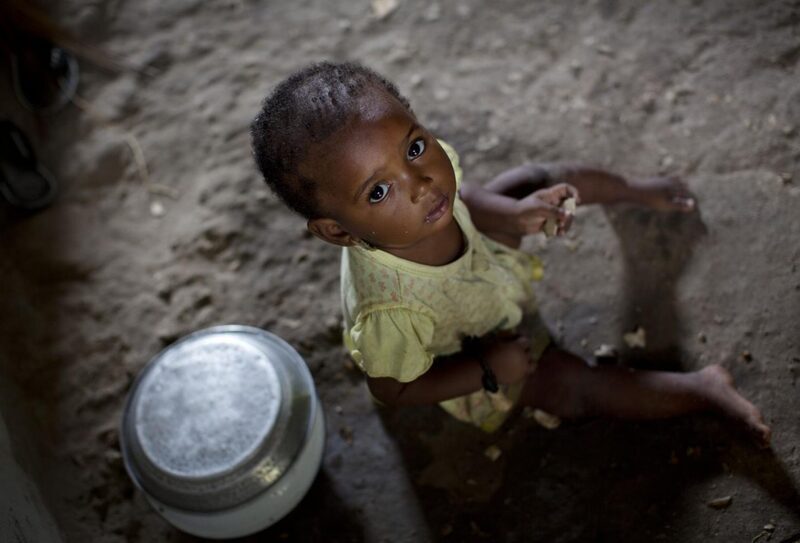
Report highlights 2 Egyptian projects among major clean energy ventures in N.Africa
A report by Energy Capital & Power highlighted two Egyptian projects – Suez Wind Power ...

Gambia loses about $83 million a year – about 5.1 percent of the country’s annual Gross Domestic Product (GDP) – due to the effects of children undernutrition, according to a new study.
The multi-agency Cost of Hunger in Africa (COHA) study shows that the losses are incurred each year through increased healthcare costs, additional burdens to the education system and reduced workforce productivity.
“It is alarming that we are losing 5.1 percent of our National GDP annually because of the consequences of child undernutrition on school performance, health and productivity,” said the Vice President of The Gambia, Dr Isatou Touray.
“The Government of The Gambia is committed to working with all partners through the NDP to build a prosperous nation with a healthy and well-developed human resource,” she said during the launch of the study.
The COHA study was undertaken by the Government of The Gambia in collaboration with the United Nations World Food Program (WFP), the African Union Commission (AUC) and it’s Development Agency (AUDA-NEPAD), the UN Economic Commission for Latin America and the Caribbean (ECLAC) and the European Union (EU).
“The launch of the COHA study today is another manifestation of UN delivering as one. We see an example of joint collaboration by the UN family to scale up support to the Government and accelerate Sustainable Development Goals implementation in the last decade,” said UN Resident Coordinator Serafine Wakana.
The Gambia has made some progress in improving nutrition. Malnutrition rates are in decline and the country is on target to meet the government’s National Development Program’s nutrition target of reducing stunting to 12.5 percent, wasting to 5 percent, and underweight to 8.5 percent by 2021.
The COHA findings demonstrate that if the prevalence of stunting (low growth for age) among children is reduced to 9.6 percent and if underweight is reduced to 6 percent, The Gambia will save up to $ 104 million by 2030.
“Nutrition is the bedrock to a better, healthier and wealthier life, and investment in this sector is a necessary step towards sustainable development,” said Wanja Kaaria, WFP Representative and Country Director in the Gambia.
A report by Energy Capital & Power highlighted two Egyptian projects – Suez Wind Power ...
The opening concert of the Annual Meeting 2025 in Davos-Klosters will address the pressing issues ...
Juhayna Food Industries proudly announced that its agricultural arm, El Enmaa for Agricultural Development, has ...


اترك تعليقا